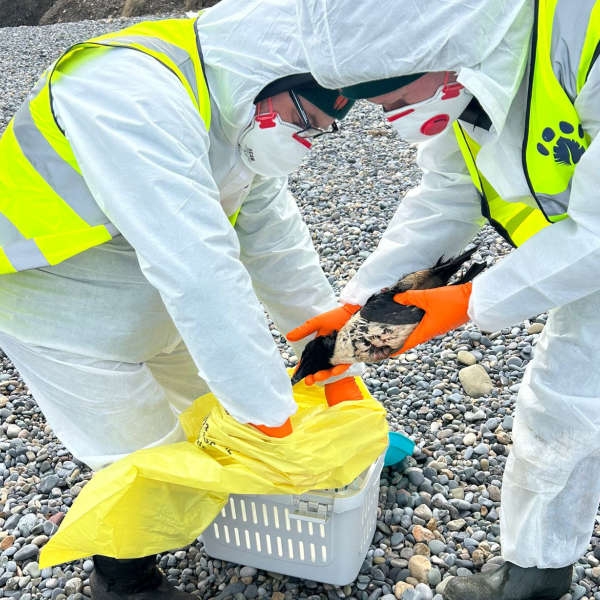
The spill's source remains unidentified, exacerbating concerns for the region's fragile ecosystem.
An urgent response has been initiated by Kildare Wildlife Rescue (KWR) following a significant oil spill along the coasts of Wexford, Wicklow, and Dublin.
The spill's source remains unidentified, exacerbating concerns for the region's fragile ecosystem.
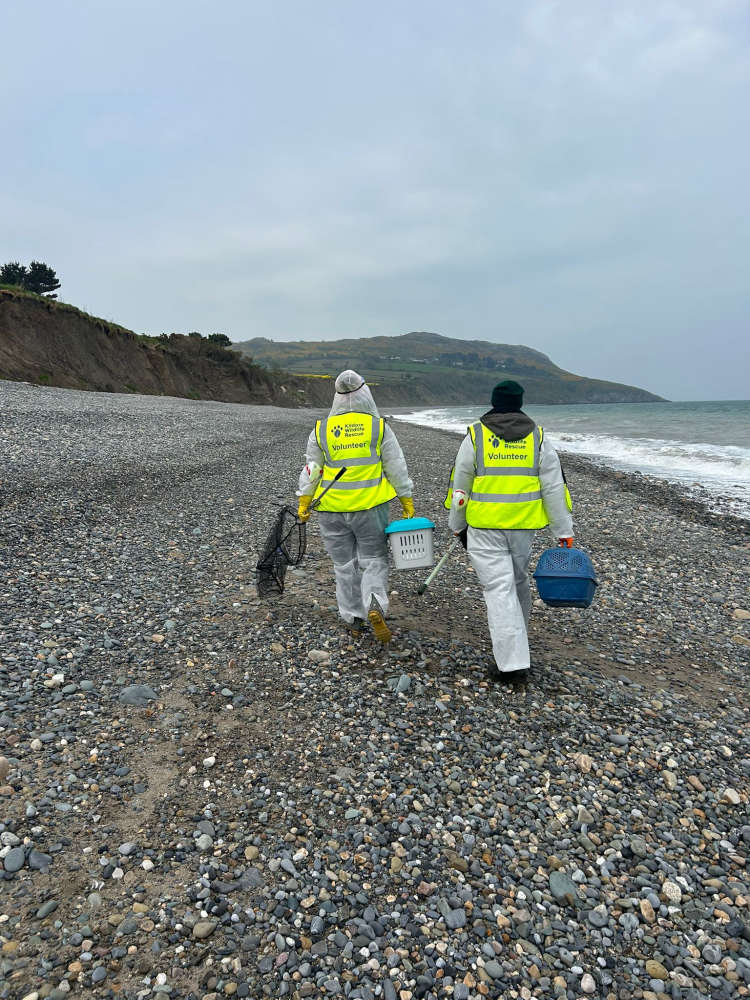
Numerous reports have surfaced of oiled seabirds, predominantly Common Guillemots, from various locations spanning Carnsore Point, Co Wexford, to Dalkey Island, Dublin, as of yesterday afternoon.
Notable affected areas include Greystones, Brittas Bay, Newcastle Beach, Wicklow Town, and Curracloe Beach.
With Guillemots bearing the brunt of the impact, experts suspect the spill originated near their breeding or feeding grounds.
Trained responders from KWR are tirelessly working to address reported cases, with several Razorbills also among the affected species.
"Three Guillemots were admitted to the Oiled Wildlife Unit at KWR's Centre in Kildare Town last night, and we anticipate a surge in admissions today," said KWR Manager Dan Donoher.
"The birds are severely affected, and our foremost priority is their cleaning and treatment," he said.
He said the consequences of the oil spill on wildlife are grim, compromising birds' ability to maintain body temperature and causing internal organ damage as they ingest the toxic substance during grooming.
Kildare Wildlife Rescue has forged partnerships with various agencies, including the Oiled Wildlife Response Network, BirdWatch Ireland, Seal Rescue Ireland, and the National Parks and Wildlife Service, to mount a coordinated response.
However, challenges persist in locating elusive birds and pinpointing the spill's precise source, despite assistance from the Coast Guard.
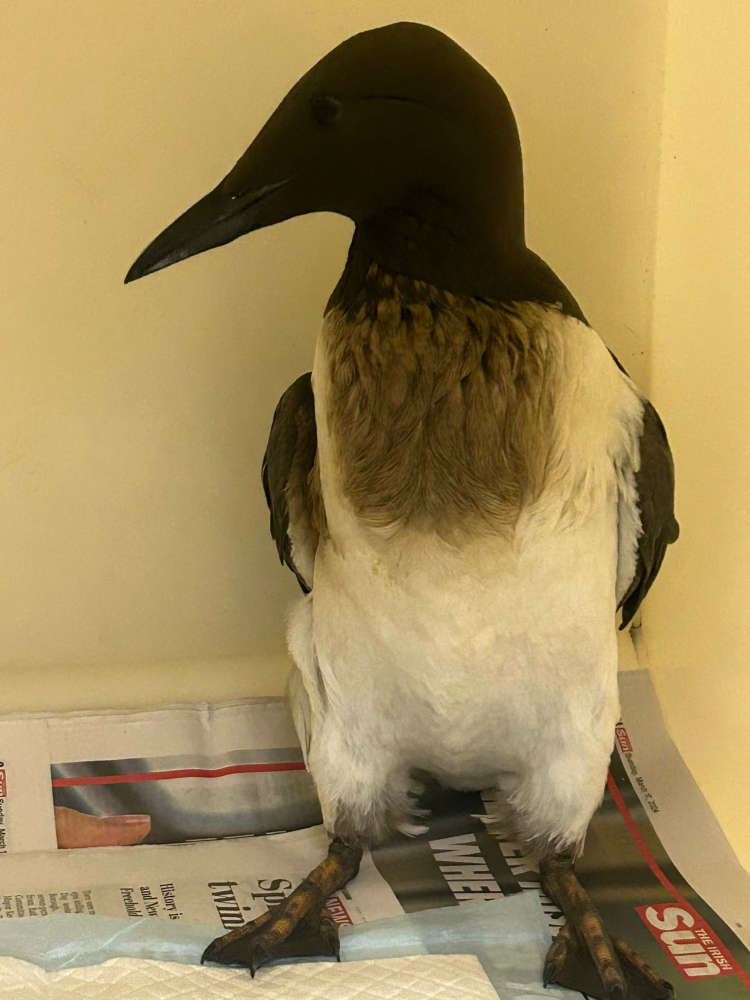
"Keep dogs leashed during walks, as exhausted birds may come ashore, exposing them to harmful chemicals," warned Pearse Stokes, KWR Rescue Coordinator.
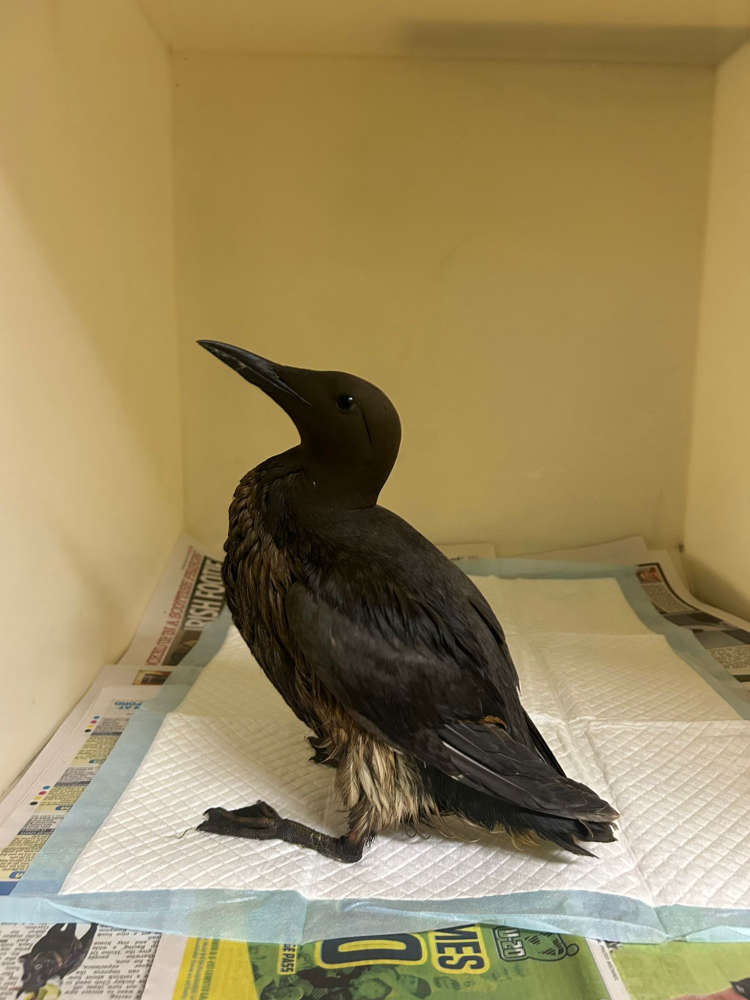
Members of the public are urged to refrain from handling oiled birds due to the potential dangers posed by unknown and potentially carcinogenic substances.
Instead, all sightings should be reported to info@kwr.ie, accompanied by photos or videos, a Google Map pin, and a contact phone number.



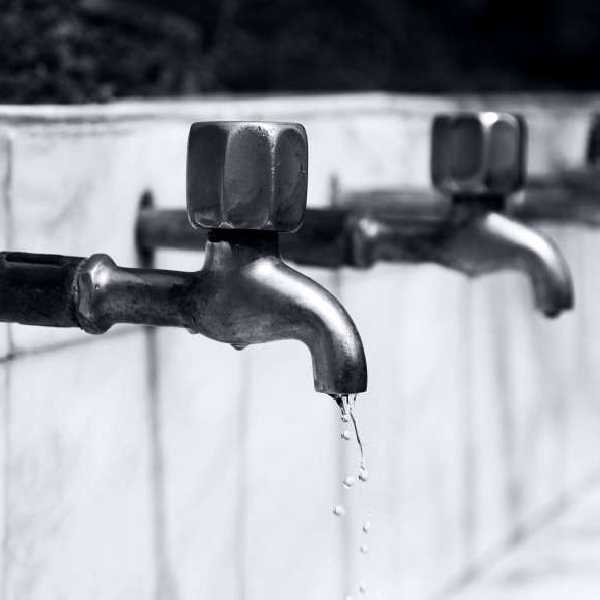 Uisce Éireann Advises Of Water Supply Disruption In North Kildare Due To Reservoir Issue
Uisce Éireann Advises Of Water Supply Disruption In North Kildare Due To Reservoir Issue
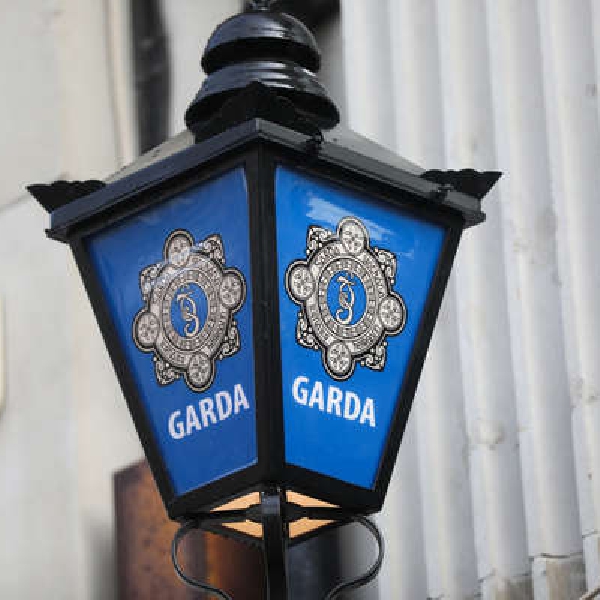 Two Assaults In 24 Hours Under Investigation In Coill Dubh
Two Assaults In 24 Hours Under Investigation In Coill Dubh
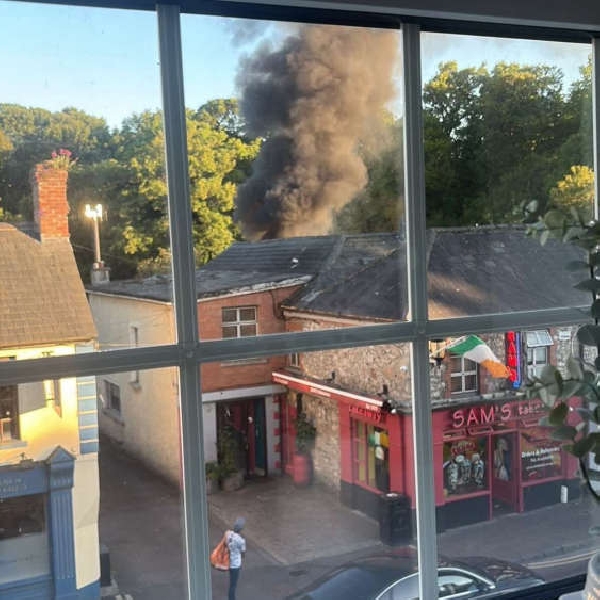 Major Fire Breaks Out Behind Sam's Takeaway In Leixlip
Major Fire Breaks Out Behind Sam's Takeaway In Leixlip
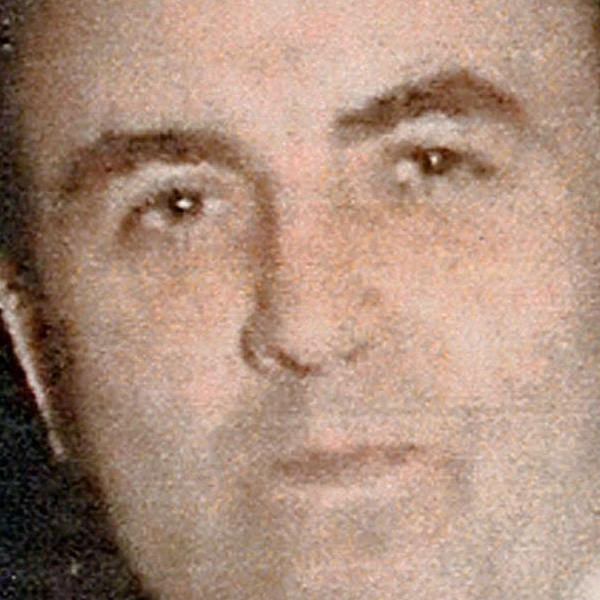 Remains Found In Monaghan Cemetery in search for "Disappeared"; Appeal Made On Kfm This Morning
Remains Found In Monaghan Cemetery in search for "Disappeared"; Appeal Made On Kfm This Morning
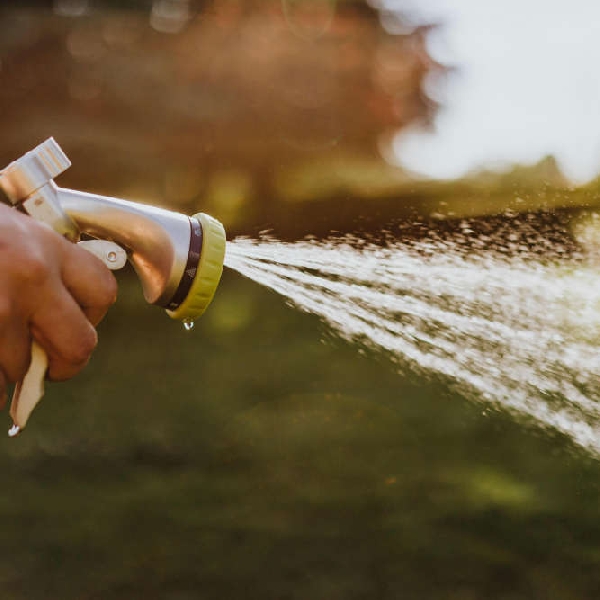 Uisce Éireann Appeals To The Public In Kildare To Help Reduce Water Use As Warm Weather Continues
Uisce Éireann Appeals To The Public In Kildare To Help Reduce Water Use As Warm Weather Continues
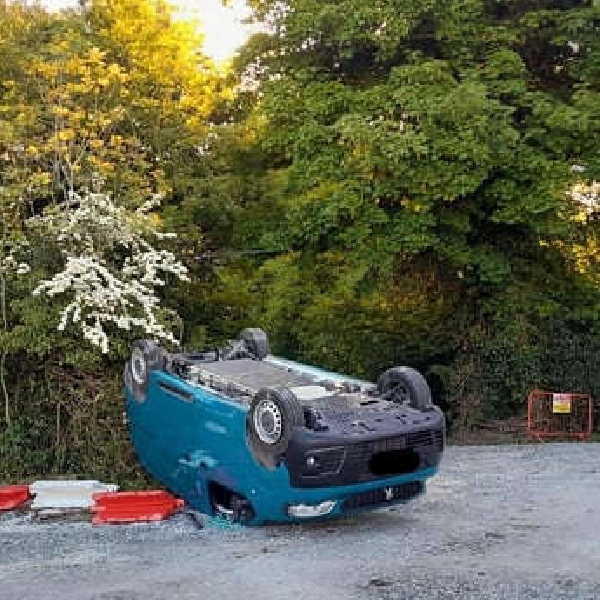 Castletown Controversy: Kildare TD Says OPW Minister Is Stoking Tensions Amid Criminal Investigation
Castletown Controversy: Kildare TD Says OPW Minister Is Stoking Tensions Amid Criminal Investigation
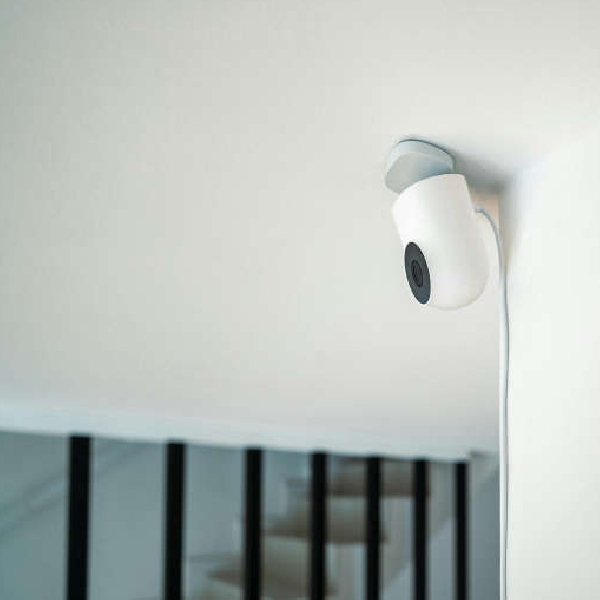 Listen: Crucial CCTV Caught Abuse Of Autistic Children By Naas Teacher – Mother Fights For Change
Listen: Crucial CCTV Caught Abuse Of Autistic Children By Naas Teacher – Mother Fights For Change
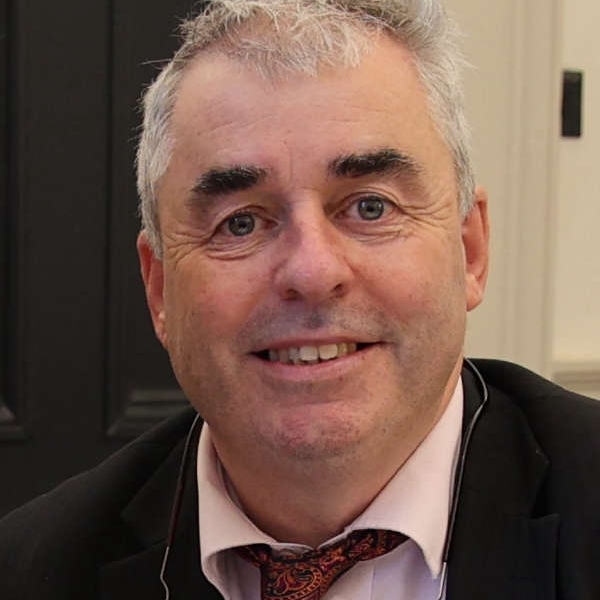 Minister Moran Says OPW Workers At Castletown Feel "Bullied and Unsafe", Even Outside Working Hours
Minister Moran Says OPW Workers At Castletown Feel "Bullied and Unsafe", Even Outside Working Hours


